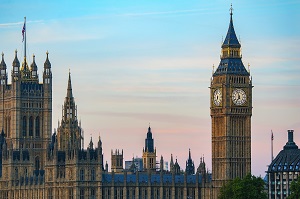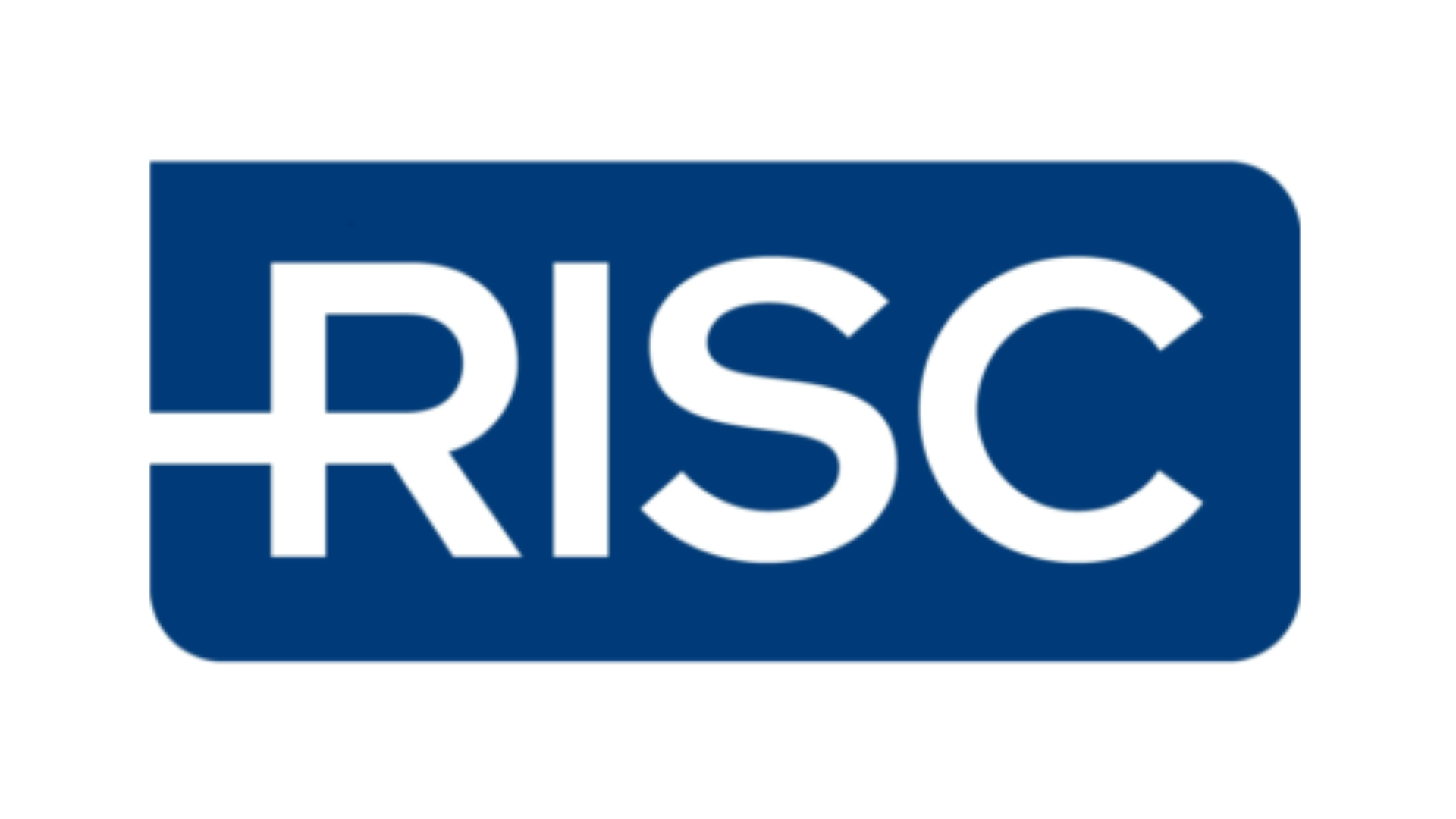
A committee of cross-party Peers has highlighted a number of priority issues for the UK’s Aerospace, Defence, Security and Space industries as the UK prepares to leave the European Union.
Over the last six months the House of Lords EU External Affairs Sub-Committee has been looking at the implications of Brexit for the UK’s trade in goods with the EU. Today the EU Committee published its report ‘Brexit: trade in goods’, which considers six key sectors including aerospace and defence.
The Peers conclude that these sectors are important employers, particularly outside the South East of England, and ensuring that they do not face additional barriers to trade will be essential to driving growth and ensuring the UK’s long-term prosperity post-Brexit.
The Committee highlights:
- The European Aviation Safety Agency (EASA) is the civil aviation industry’s ‘route to market’. There may be significant benefits in the UK continuing to participate, where possible, in EU agencies such as EASA.
- Many of these sectors are integrated into efficient EU-wide supply chains and it is imperative that a trade deal with the EU seeks to avoid the imposition of tariffs on trade in both directions.
- Non-tariff barriers – which could result in additional administrative burdens for companies and delays to consignments of goods – can pose as significant or greater a barrier as tariffs to trade in goods.
- The UK’s existing level of research funding and collaboration with the EU-27 should continue, or that equivalent domestic arrangements should be established, after the UK’s withdrawal from the EU.
- A new UK approach to immigration must take account of the needs of businesses in the UK. The ability to recruit staff from the EU-27, and move staff to and from the EU-27 through intra-group transfers, is essential to the primary commodities and manufacturing industries.
- The Government should give serious consideration to a transitional agreement, as it begins its negotiations.
As we get nearer to the start of the two year Article 50 process, our priority is to continue to work with the Government and Parliament to ensure the UK remains globally competitive and we achieve the best possible outcome for our industries both during and beyond Brexit.





